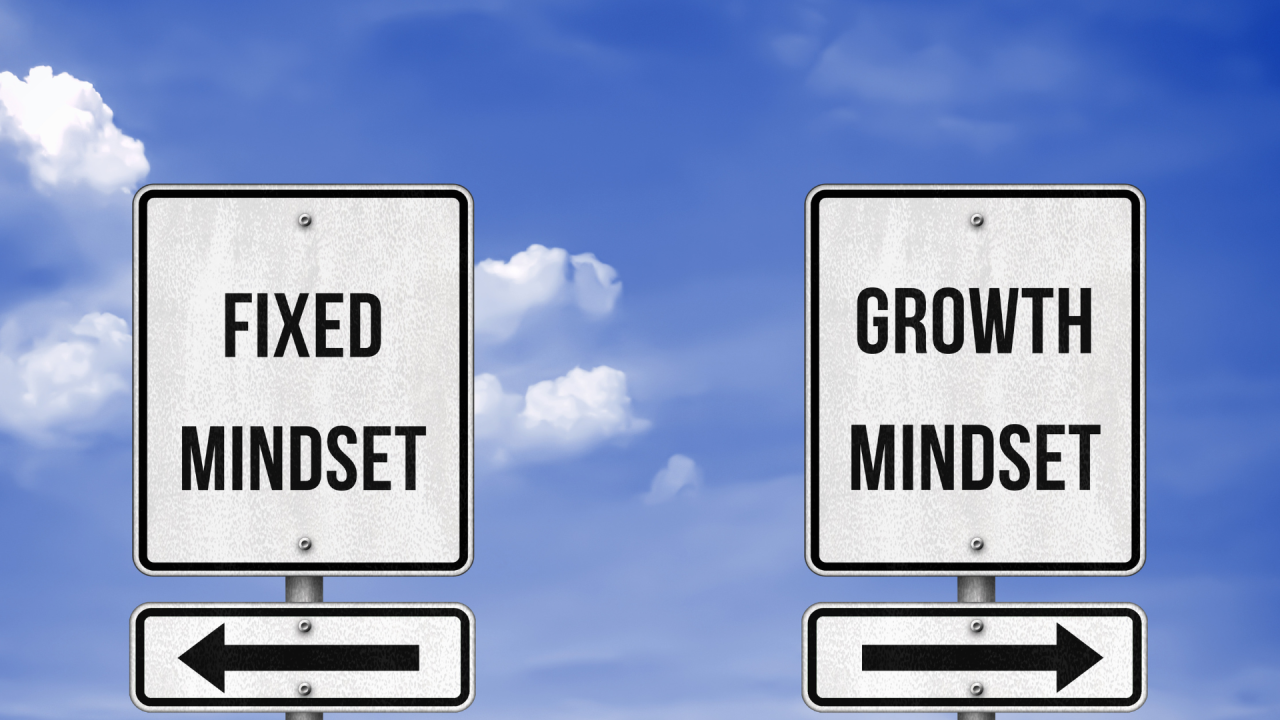In my previous role as COO of a large recruitment company and in the wake of the COVID-19 pandemic, it struck me how the world of work has undergone significant transformations.
The traditional office setting, once the nucleus of collaboration and mentorship, has transformed into virtual workspaces and home offices. While this transition has provided newfound flexibility for more experienced and often top performers, it presents a conundrum for leaders seeking to nurture the next generation of talent. The challenge lies in striking a delicate balance between accommodating the evolving needs of employees and ensuring the development of future leaders amidst the absence of traditional training grounds and bustling office cultures.
The allure of flexibility in remote work is undeniable, especially for top performers grappling with individual changes such as starting families or pursuing personal passions. Speaking of my own experience, having two children in the past four years changed my relationship with work, it became clear what mattered to me, and I chose to vote with my feet, quitting a well-paid job and investing my savings to set up my own business rather than spending extended time away from my family and countless hours on internal virtual meetings.
My story is not unique though, having spoken with my peers, there was a common theme, managers and leaders are often going through the biggest changes in their careers at the same time experiencing the biggest changes in their personal lives, whether this be starting a family, or buying a house (further away from the office).
The ability to tailor one’s work schedule around personal commitments can significantly enhance job satisfaction and overall well-being. However, for agency leaders, this flexibility introduces a host of challenges, particularly in maintaining cohesion and fostering a sense of belonging and ongoing development within the team.
One of the primary concerns for leaders is the potential detachment that can arise in a remote work environment. Without the daily interactions and impromptu conversations that characterize office life, fostering a strong sense of camaraderie and collaboration becomes increasingly complex. Moreover, the absence of physical presence can hinder the organic exchange of knowledge and skills, which often occurs through informal mentorship and professional development, critical for any young person starting their recruitment career.
In this context, the challenge for agency leaders is twofold. On one hand, they must cater to the needs of top performers seeking flexibility without sacrificing team cohesion and productivity. On the other hand, they must address the looming gap in learning and development, exacerbated by the absence of traditional training avenues inherent in office-based work cultures.
I keep hearing and seeing that agency leaders are prioritising experienced hires. Of course, makes sense, why wouldn’t you prioritise someone who needs limited training, it’s quick and easy. Unfortunately, this short-term ideology is unlikely to yield the necessary outcome. After all, unless your employee value proposition is significantly different from the other the other 30,000 agency’s seeking the same solution, I suggest hiring experience will not be the silver bullet.
One obvious strategy involves leveraging technology to bridge the gap created by physical distance. Furthermore, leaders must actively promote a culture of mentorship and continuous learning within their organisations. This entails formalizing mentorship programs, establishing virtual networking opportunities, and providing access to online resources and training modules, specifically eLearning. By actively investing in the development of their employees, leaders can ensure that the next generation of talent receives the guidance and support needed to thrive in a remote work environment.
However, fostering a growth mindset in a remote setting requires more than just technological solutions. It demands a fundamental shift in mindset, wherein leaders prioritize outcomes over processes and empower employees to take ownership of their professional growth. This can be achieved by setting clear expectations, providing regular feedback, and creating opportunities for autonomy and self-directed learning.
Moreover, leaders must lead by example, demonstrating adaptability, resilience, and empathy in the face of uncertainty. By fostering a culture of trust and transparency, leaders can create an environment where employees feel valued, supported, and motivated to excel.
Additionally, leaders should actively involve emerging talent in strategic initiatives and decision-making processes, providing them with exposure to real-world challenges and opportunities for growth. By nurturing a culture of inclusivity and empowerment, leaders can ensure that the next generation of leaders is equipped with the skills, knowledge, and confidence to thrive in a flexible work environment.
In conclusion, the ongoing shift towards remote work presents both opportunities and challenges for agency leaders. While flexibility is paramount for accommodating the diverse needs of top performers, it must be balanced with a strategic focus on the next generation of recruitment leaders. By leveraging technology, fostering a culture of mentorship, and preserving elements of office culture, leaders can navigate this dynamic landscape effectively, ensuring the continued success and resilience of their organisations in an increasingly remote world.
At the SOLIS Academy we help SME agency’s find and train the next generation of recruiters. We do this through a combination of skills based hiring, eLearning, monthly masterclasses and mentoring. Book a call to discuss how we can help you.
